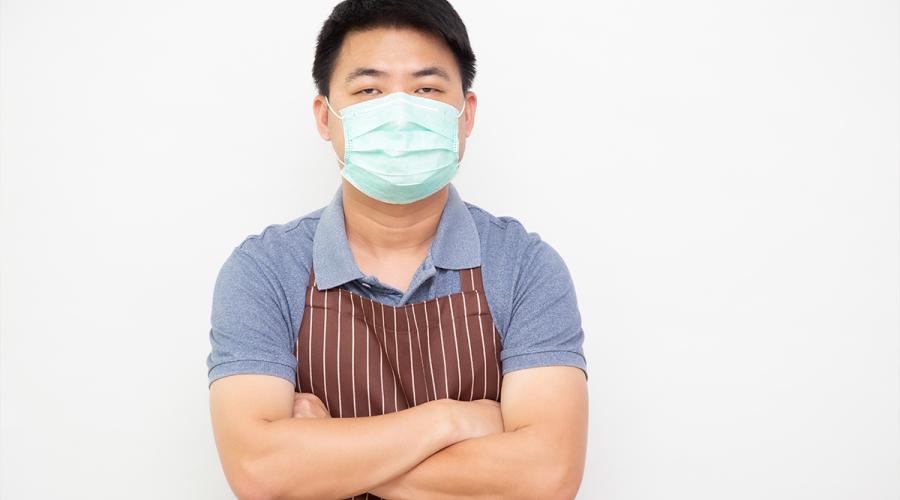
Discrimination at Work and COVID-19
During the pandemic, workers who may be subjected to discrimination because of personal characteristics are particularly vulnerable, at greater risk of isolation with less access to essential services such as health care. Employers, unions and policymakers should keep these workers in mind when making decisions about changing coronavirus-related work practices or crafting policy.
On its website, the AFL-CIO constituency group Pride at Work describes the challenges that LGBTQ workers face when navigating the health care system. LGBTQ workers are more likely to be uninsured and the fear of facing discrimination within the health care system prevents workers from seeking medical attention. Already, discriminatory practices against LGBTQ medical workers have been observed in NYC during the COVID-19 crisis. Additionally, LGBTQ workers are at higher risk of cancer and HIV, and are more likely to smoke, putting them at greater risk. Economically, LGBTQ workers often work in industries affected by COVID-19. They include entertainment, personal care and low-wage jobs that have experienced mass layoffs.
Asian American and Pacific Islander workers, two million of whom work on the frontlines in the health care, personal services and transportation industries, are facing increased xenophobic and racial discrimination in the workplace. The Asian-Pacific American Labor Alliance, on its website, identifies ways to respond and prepare when Asian Americans are targeted during the crisis. The group suggests that employers create specific protocols to deal with racial discrimination against Asian Americans and Pacific Islanders, including stopping the spread of disinformation about COVID-19 and ethnicity, increasing bystander intervention trainings related to discrimination during the pandemic, denouncing offensive outbreak-related jokes and preparing to respond if customers or clients refuse service from workers who appear to be of Asian descent.
Another AFL-CIO constituency group, the Labor Council for Latin American Advancement (LCLAA), has provided information for all workers about Covid-19 and its effect in the workplace. LCLAA details that 26.8 million Latinos and immigrants work in the United States, of whom 63 percent work in minimum wage jobs. These workers are often the first to experience massive layoffs and have far less access to high quality healthcare. Many work in sectors with an increased risk of exposure to COVID-19 and have fewer protections such as masks and gloves, as well as fewer employment rights and a disturbingly high risk of deportation. Indeed, the Coalition of Black Trade Unionists writes in a statement that, “these hard-working people, who society relies on the most in crises, are often Black and Brown and the least rewarded.” Workers of color are being put under more extreme pressure during this time. LCLAA has created a pamphlet to help workers limit their exposure to Covid-19.
These AFL-CIO constituency groups provide important guidance for understanding the impacts of discrimination on workers during this time. It is critical that unions and employers, in particular, remember that workers with multiple identities will face circumstances that are even more difficult.